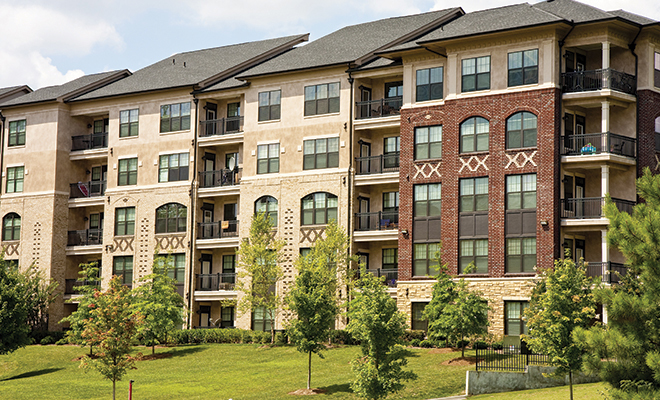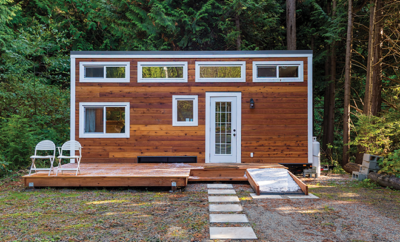
Condo shopping essentials
If you’ve ever rented a condominium during a vacation, you’ve experienced living briefly in a high-rise “home” with common areas from pools to parking lots to exercise facilities. But could you be truly happy with this as your full-time home sweet home?
Living in a vertical ownership community can be very different from occupying a single-family residence or apartment. And preparing to make that commitment, from financial considerations to lifestyle factors, should involve due diligence and serious thought from the buyer who’s making the investment.
Financing
Stricter standards enacted due to the economic and credit crises of the last decade have made it more difficult to obtain a mortgage on a condominium unit. Plus, loan costs may be higher than for other types of real estate. Some lenders even make a point of rejecting condo loans completely, due to previous high losses from that real estate sector.
The first step is to qualify for a loan, which requires excellent credit and steady income. Some buyers may be required to make as much as a 25 percent down payment; lenders prefer lower loan-to-value, or LTV, ratios, on condo loans. For example, if the buyer makes a 25 percent down payment, the LTV would be 75 percent.
In addition, the condo association must qualify for the mortgage to be approved, and the buyer has no control over these factors. For example, Fannie Mae requires that more than 50 percent of the units be owner occupied, no one investor can own more than 10 percent of the units, 30 percent or fewer of the units secure FHA loans, and 15 percent or fewer of the owners may be late on monthly dues. All lenders will look for signs of good financial health for the condo association and will verify the presence of adequate insurance and budget reserves, pending litigation and future assessments.
Conventional financing or up-front cash purchase may be the simplest road to take for the upscale condo purchaser. Experts advise working with a Realtor who is knowledgeable about the area’s condo market, lenders and their requirements.
Investigate the neighborhood
Visit the area at times around the clock, if possible, and ask the same questions you would if you were purchasing a single-family home or moving into an apartment. Will early-morning garbage pickup disturb your sleep? Is traffic noise a detriment? Is the street one that’s used for the marathon in your city, and will the crowds that gather be a source of entertainment or aggravation for you? If you’re downsizing from a detached dwelling, will the lack of privacy cramp your lifestyle or create a more sociable space for you?
Various websites can provide data on security concerns; some are neighborhoodscout.com, crimereports.com and familywatchdog.us. The local police precinct can also provide detailed information about the location you’re considering. Talk with some of your potential neighbors to learn if they have specific concerns as well.
Additional due diligence
After you’ve narrowed your search to a specific condominium unit, looking further into the property itself can save headaches when you approach the time for closing.
Pull the tax records for the unit. Your local county’s tax assessor’s website most likely has this information readily available. The tax record will indicate if the current owner is delinquent on their taxes, which can create a problem for the purchaser. You’ll be able to see a trend in the property valuation and determine when the property was last appraised; you can use this information to predict if you might have a future increase or decrease in property tax.
Look for past litigation through the county Recorder of Deeds or probate office website; search by the property identification number, the condo association name and the name of the current owner. If your offer to purchase is accepted, the title company will do a similar search, and the condo association will be required to notify you of current or pending litigation.
Determine if the building or unit has had building permits and violations issued. This could indicate that the structure of your unit has been changed. Make sure that any changes were inspected after completion and that the building and unit comply with building codes.
As always, looking ahead before leaping into an investment in a home will reap the greatest rewards for you in the long run! HLM
Sources: myfirstcondo.com, moneyunder30.com and realtor.com.
Young professionals and retirees alike consider condo communities ideal for their lifestyles. If you’re thinking about making one your home, ask yourself the following questions.
• What amenities are attractive to you?
• What do you expect from the homeowners’ association? Are you willing to pay for these services?
• Are any additional assessments on the horizon?
• Does the property have adequate reserve funds?
• If your life circumstances change, is your home more or less marketable?
• Will you need additional storage or parking space in the future?
• Are you a good fit for the community’s lifestyle, and can you comply with its rules, from pets to visitors?







